Norse-derived Vocabulary in late Old English Texts. Wulfstan's works, a case story.
This book focuses on the Norse-derived vocabulary in the works of Archbishop Wulfstan II of York (d. 1023). A considerable advantage derives from studying Wulfstan's compositions because, unlike most Old English texts, they are closely dateable and, to a certain extent, localizable. Thus, they offer excellent material for the examination of the process of integration and accommodation of Norse-derived vocabulary in Old English. After establishing the list of terms which can be accepted to be Norse-derived, this book analyses their relations with their native synonyms, both from a semantic and a stylistic point of view, and their inclusion in the word-formation processes to which Wulfstan submitted his vocabulary, native and borrowed alike. The information derived from this approach is used to explore the possible reasons for the archbishop's selection of the borrowed terms and the impact which his lexical practices had on contemporary and later English writers.
{{comment.content}}
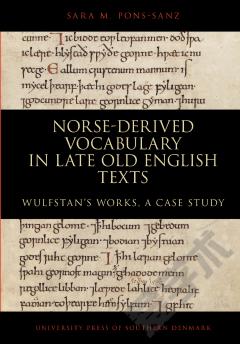
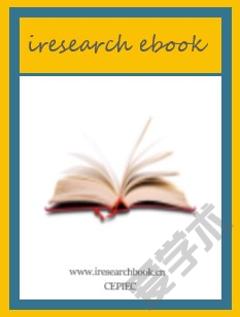

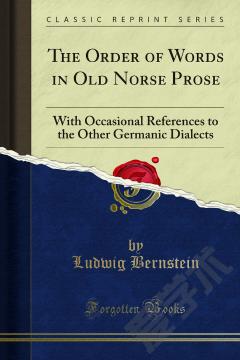

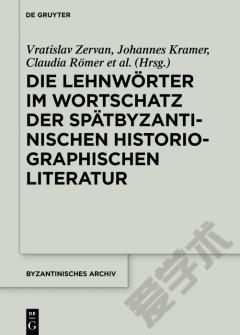
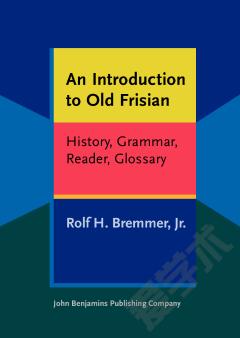

 京公网安备 11010802027623号
京公网安备 11010802027623号